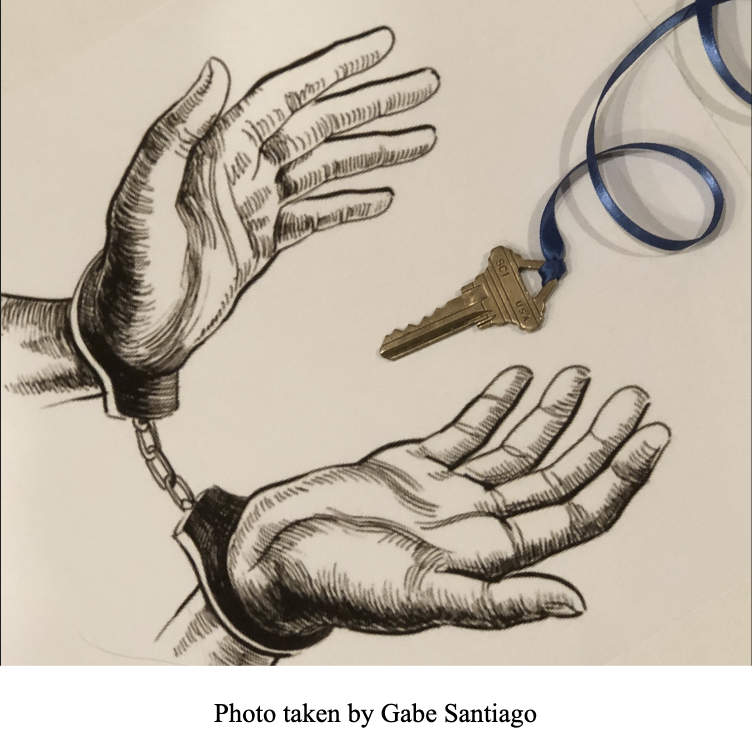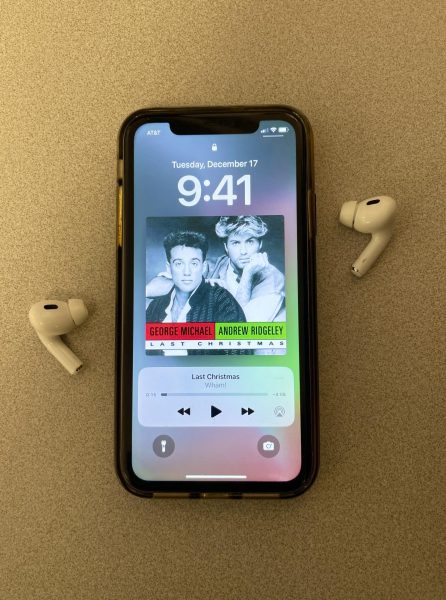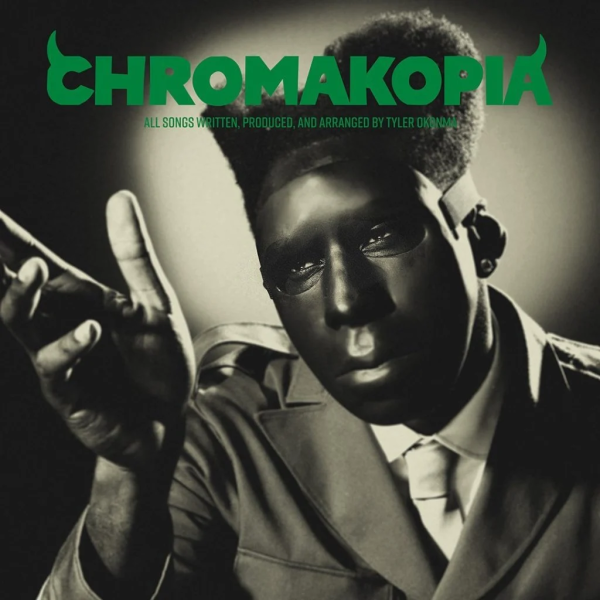Trump Postmortem: Should a President Be Able to Self-Pardon?
Typical of a reality TV star, former President Donald Trump kept Americans on the edge of their seats until the eleventh hour as they waited to hear if he would issue a self-pardon following his role in inciting the Jan. 6 insurrection at the U.S. Capitol.
Earlier in his term, around the time that the Mueller Investigation was coming to a close, Trump teased this possibility in a tweet June 4, 2018: “As has been stated by numerous legal scholars, I have an absolute right to pardon myself.”
While Trump did issue a flurry of 143 pardons in his final hours, he did not attempt to self-pardon like he previously suggested, thus leaving the controversial question of whether a president can self-pardon unanswered.
While some argue that it is legally permissible for a president to self-pardon–including the former Trump Administration–the concept is inconsistent with the checks-and-balances framework of American democracy.
Surprisingly, the Constitution does not mention if a president has the ability to self-pardon. However, the president’s ability to pardon is enumerated in Article Two (Section 2, Clause 1) of the Constitution: “The President… shall have the Power to grant Reprieves and Pardons for Offenses against the United States, except in cases of impeachment.”
Although the Constitution does not explicitly prohibit a president from self-pardoning, the silence on the topic does not signify the Founding Fathers’ intent was to endorse such an option.
In Latin, the phrase “nemo judex in causa sua” translates to “no one is the judge in his [or her] own case.” As explained in the Yale Law Journal, it is a “bedrock principle of natural justice and constitutionalism.” If a president’s attempt to self-pardon were deemed legal, it would uproot the bedrock principle of fairness. One cannot decide one’s own guilt or innocence without bias, which should also apply to the president.
“Presidents are not above the law, and by using their pardoning power, they are thereby setting themselves above the law for their own personal gain,” sophomore Olivia Teitelbaum said.
Many others take this position, including higher individuals in office.
“Our president is not above the law. Justice serves the people. It does not protect the powerful. Justice is blind,” President Joe Biden said in a speech Jan. 7 following Trump’s second impeachment.
The question of whether a president should be able to self-pardon goes way beyond the Trump presidency. If presidents were to pardon themselves for any federal offense, and in Trump’s case, crimes he has not even been convicted of yet, they would be operating without accountability. This expanded power for the commander-in-chief would set a dangerous precedent, which others at RHS agree.
“I think the President pardoning themselves, or anyone else, without specifying an actual crime is a very slippery slope and should not be done by any president,” US Government and Politics teacher Elizabeth Seabreeze said. “I think it is a very bad precedent to set.”
Although the ability of a president to pardon themselves has never been tested in the courts, no president has yet to take such action. The general concept fundamentally undermines the American idea of justice.
Perhaps, the solution to this legal dilemma is not meant to be found in court. Instead, it will be found at the ballot box every four years.
This is Gabe Santiago’s first year as the Features Editor, and second full year writing for the Rampage. Joining journalism last year during online school,...







